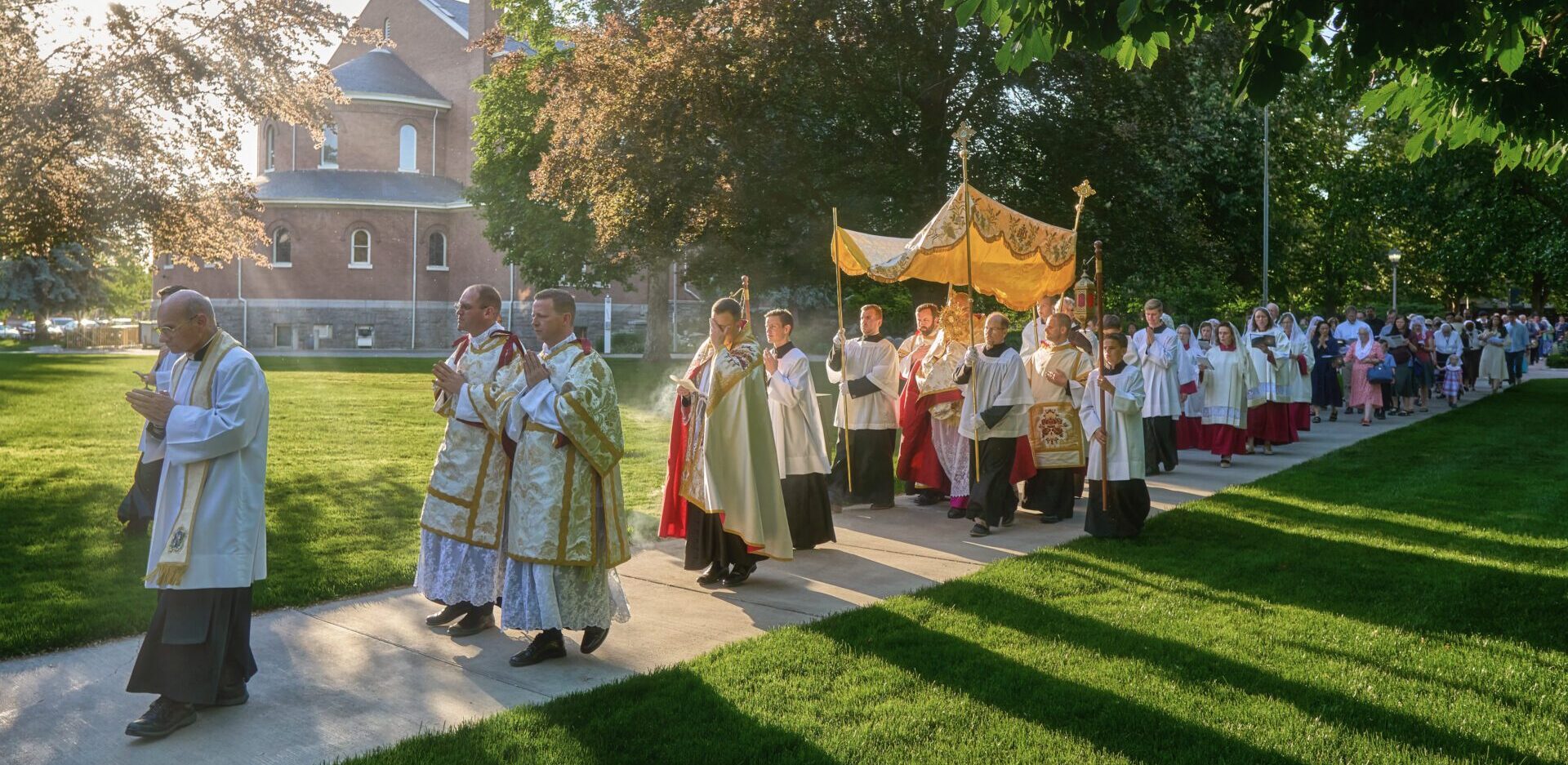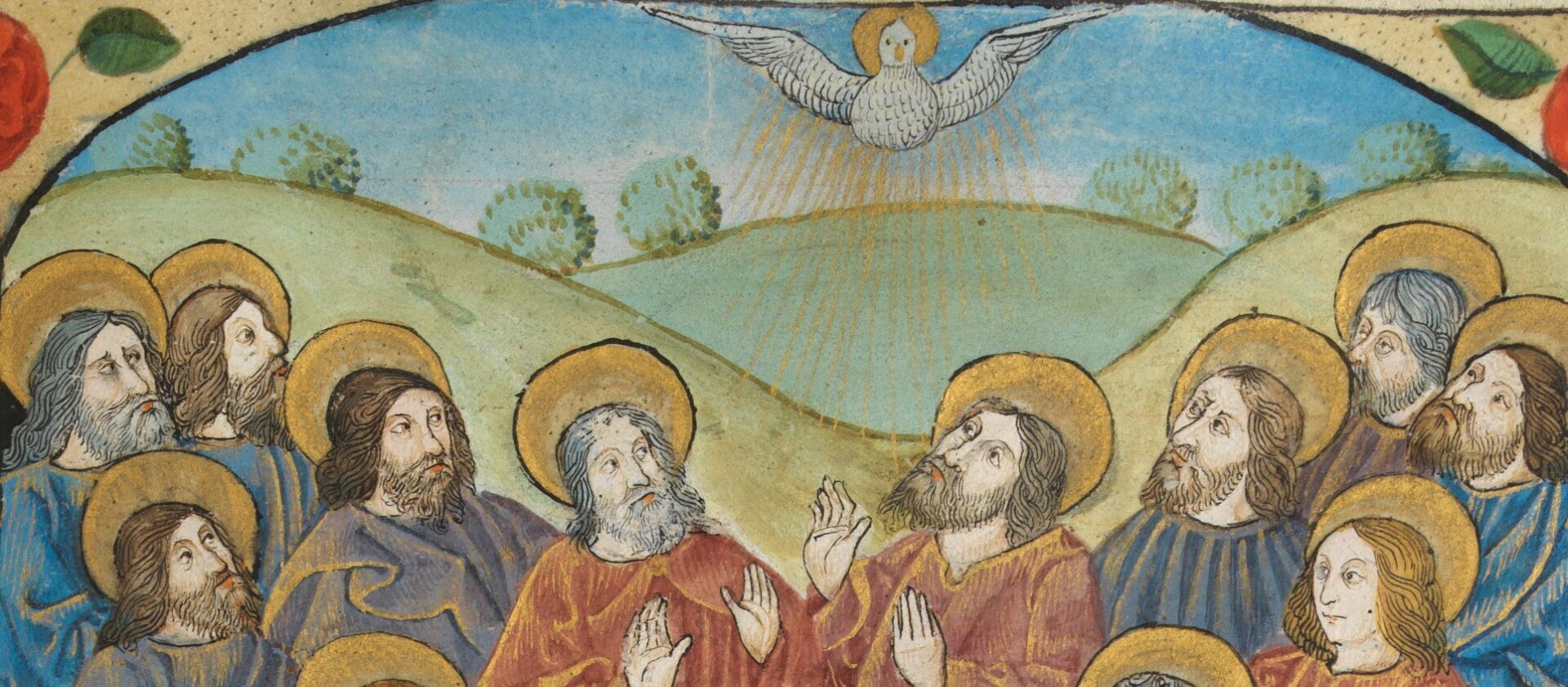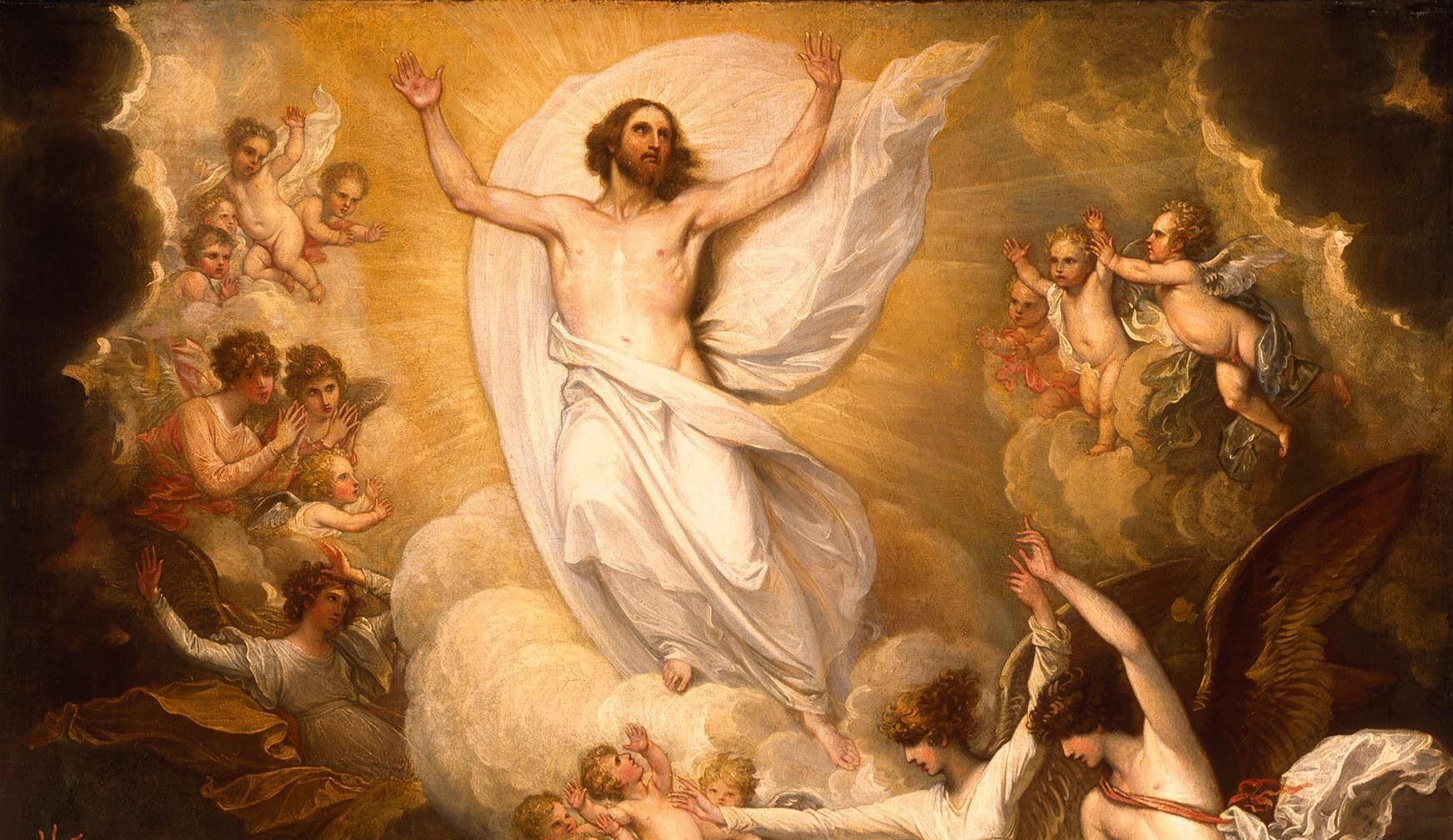Angelo Bartlett Giamatti received his doctorate in comparative literature from Yale University in 1964. His dissertation thesis was the role of the garden in Renaissance literature. Years later he would proclaim that the baseball field is America’s most important “garden.” He became president of Yale and subsequently the seventh Commissioner of Major League Baseball. His passion for both literature and baseball is evident when he states that baseball “breaks your heart. It is designed to break your heart. The game begins in the spring, when everything else begins again, and it blossoms in the summer, filling the afternoons and evenings, and then as soon as the chill rains come, it stops and leaves you to face the fall all alone. You count on it, rely on it to buffer the passage of time, to keep the memory of sunshine and high skies alive, and then just when the days are all twilight, when you need it most, it stops.”
If we may contrast baseball with Christianity, we can say that the latter fulfills the heart and does not require another season in order to renew its hope. It has no abrupt stopping point. It is a never ending story. One can rely on it without being disappointed. Moreover, its community is not divided into rival groups, but is universal.
Nonetheless, there must be something very special about baseball to elicit Giamatti’s thoughtful and poetic summation. The game is played on a “field of dreams,” though the vast majority of those dreams never come to fruition. It is not entirely unlike the Garden of Eden in that it has a disappointing conclusion. It has a history and enshrines its heroes in a Hall of Fame. It is a national pastime and it is played during the sunniest part of the year. For a countless number of baseball fans, however, each season inevitably brings them disappointment and gloom. The baleful cry can be heard from season to season, “Wait until next year!” Despite its limitations, baseball remains infectious. As Zane Grey put it, “Every boy likes baseball, and if he doesn’t he’s not a boy.”
Christianity proceeds from the Annunciation through the Nativity to Easter. It has a joyful ending. The Christian calendar is determined by Providence. Baseball lacks a guiding spirit or redeemer. It is played by mortals who commit errors that are never forgiven. Nor are they forgotten! When Fred Snodgrass passed away in 1974 after a successful career as a business man, his obituary read, “VENTURA, Calif., April 5 (UPI)—Fred Carlisle Snodgrass, who muffed an easy fly that helped to cost the New York Giants the 1912 World Series, died today at the age of 86.”
For Christians, “home” is in heaven with God. For baseball, “home” is a plate that runners cross in scoring a run. Baseball is a game that is more than a game. It is a parody of life, with its hopes, struggles, discouragements, and occasional victories. It has rules, not dogmas. In Ray Kinsella’s novel Field of Dreams, the predominant quote is, “If you build it, he will come,” which has, paradoxically, a Franciscan ring to it. Dr. Archibald Graham remarks, in Field of Dreams, baseball at night resembles a church. In fact, there is a Field of Dreams Church in Maryland, Australia. Those who came, in the story, were baseball players from yesteryear, figures of the mythic past. No one was expecting the Lord of Hosts. “Dad…you wanna have a catch?” was Kinsella’s final question for his dad, and the answer to his quest for redemption.
Baseball is Christianity without God. This is not to criticize the game, but merely to put it into perspective. Baseball is the opportunity to discover how much men can accomplish on their own. Its All Stars may not be saints, and it umpires do not judge the human soul. Its legion of writers do not imitate Matthew, Mark, Luke, and John. Yet they write as if the whole world revolved around baseball.
Baseball has its 7th inning stretch, echoing the seven days of creation. There are three outs in an inning and three strikes allotted to each batter. Prayer is not intrinsic to the game though the players have their superstitions. The game as well as the season come to an end. A Christian marriage touches on eternity with children, grandchildren, and all the following descendants.
In the early days of professional baseball, games were not allowed to be played on Sundays. It was argued that Sunday was meant for religious activities and baseball was most assuredly not a religious activity. Furthermore, it was claimed that cursing in the stands and the brawling that accompanied games lessened respect for the Sabbath. On the other hand, Sunday baseball had its champions. In 1905, Bishop John Hoban of the Diocese of Scranton, PA, favored letting men and boys play ball and engage in other harmless amusements on Sundays. It was a long, drawn-out battle before it was decided that baseball is neither a religion nor anti-religious. Sunday baseball, even on Easter, prevailed.
Baseball has attracted a pantheon of outstanding writers: John Updike, James Michener, George Weigel, Ring Lardner, Stephen King, Michael Novak, Paul Weiss, Bernard Malamud, Philip Roth, Roger Kahn, and many others. We would be remiss, however, if we did not include George Will. In his book, simply entitled, Bunts, he links baseball to Providential design. “When Thomas Aquinas,” he writes, “was ginning up proofs for God’s existence, he neglected to mention the ash tree.” This is a tree that grows surrounded by other trees that protect it from wind-twisting so that they grow straight toward sunlight. The wood goes into the making of a baseball bat called the Louisville Slugger. It has, as Will goes on to explain, “the perfect strength required for the musical ‘crack!’ that is the sound the cosmos makes each spring when it clears its throat and says, ‘We made it through another winter’.”
Baseball intimates something that is beyond itself. And it is that “something” that gives it its unfailing attraction and persistent frustration. It is a re-enactment on a playing field of Dante’s Divine Comedy.
Image Source: AB/garystockbridge617



